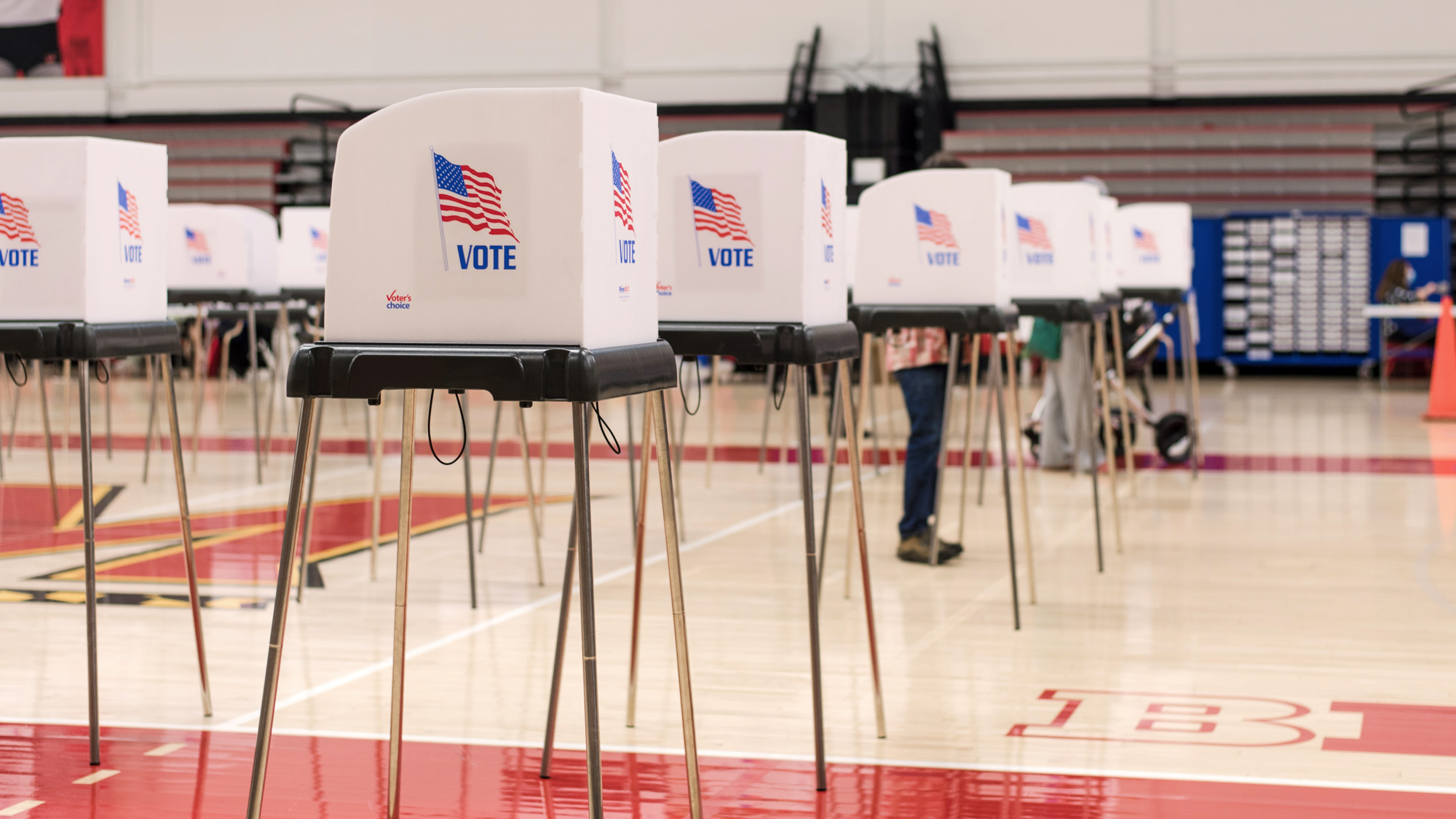Views expressed in opinion columns are the author’s own.
Elections, by their very nature, are stressful and nerve-wracking events. People expect and hope for different outcomes, and waiting for results can sometimes feel endless. Voters and the lawmakers they elect know this feeling — yet we continue to use a system where each state implements its own election laws, allowing some elections’ results to be questioned for days on end.
These laws have led to votes being counted at different rates, and I expect they contribute to the general stress the American people had about this year’s election. The diversity of our elections laws is not conducive to a timely, stress-free election, and it presents an enduring threat to the stability of our democracy. We need to encourage state legislatures to agree on a set of universal voting laws that can serve as a standard for future elections.
There was no question this election would be different from years past. The pandemic and an unprecedented increase in mail-in votes can account for some of the delays and uncertainty we experienced. Knowing this, state officials and election analysts tried to prepare the American people for the possibility the election would not be decided on election night. While delays like these were possible this year anyways, it’s important to recognize a large part of this was the result of inconsistent voting laws among the states.
The commonwealth of Pennsylvania, for example, received 10 times the number of mail-in ballots it usually receives, yet the state legislature didn’t allow these ballots to be counted until the morning of Election Day. Florida, on the other hand, allowed for mail-in ballots to be counted starting nearly a month before Election Day — a common sense decision that resulted in the state being called much earlier. If laws such as these were consistent across all the states, perhaps the days of anxiously anticipating votes to be counted could have been avoided.
There is no single way to handle an election that would work perfectly for all 50 states, but there are plenty of options to help create more equitable and consistent election laws across the country. One solution would be to establish a federal elections agency that could oversee state election committees and create standards that each state must implement for its elections.
If solutions like this prove too difficult to accomplish, there is nothing stopping individual state legislatures from implementing these measures unilaterally. After Florida’s infamous handling of the 2000 presidential election, it revised its election procedures to avoid making the same mistakes. But it should not take an individual state’s failure — or a constitutional crisis — to realize this country needs a set of universal election laws each state must follow.
These options aren’t intended to be a one-size-fits-all approach to how states should handle their elections. Rather, they are designed to set basic requirements about how and when people can vote and how states can ensure that process goes smoothly. From there, states can choose how they want to divide that responsibility and fill the role of catering to their constituents’ needs. When it comes to fundamental elements of our presidential elections, having vastly different state laws only creates more uncertainty nationwide and serves no clear purpose toward the public good.
Evan Crum is a junior government and politics and psychology major. He can be reached at ecrum42@umd.edu.



